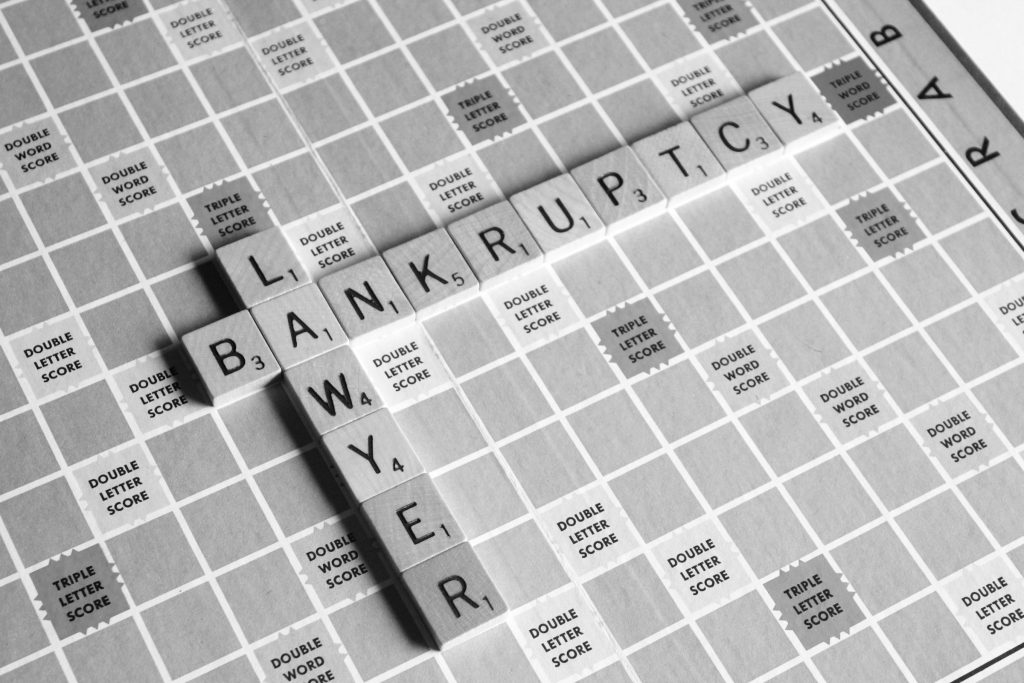When financial distress becomes overwhelming, finding a way out can feel impossible. Two common paths—debt negotiation and bankruptcy—offer potential relief, but deciding which one is right for you requires careful consideration. This article explores both options, their implications, and why seeking expert guidance from professionals can make all the difference.
Debt Negotiation: A Collaborative Approach to Relief
Debt negotiation is an alternative to bankruptcy that allows you to work directly with creditors to reduce your debt burden. The process involves discussing terms with lenders to reduce the total amount owed, extending the repayment period, or temporarily pausing payments. This approach can be effective if you’re behind on payments but want to avoid the stigma and long-term impact of bankruptcy.
Benefits of Debt Negotiation
One key advantage of debt negotiation is its flexibility. Unlike bankruptcy, it doesn’t involve court proceedings. You retain control over the process, working with creditors to develop terms that suit your situation. In many cases, debt negotiation can result in significantly reduced balances or extended payment schedules, providing immediate financial relief.
Debt negotiation also has a less severe impact on your credit report compared to bankruptcy. While it may lower your credit score temporarily, the damage is typically less severe and easier to recover from over time. For those with a steady income and a willingness to communicate with creditors, this option can offer a lifeline without the legal and financial repercussions of bankruptcy.
Potential Drawbacks
While debt negotiation may sound ideal, it’s not without challenges. Creditors are under no obligation to agree to your terms, and some may refuse outright. Additionally, the process can take months of back-and-forth discussions, requiring persistence and strong negotiation skills. There’s also the risk of legal action if creditors decide to sue for unpaid debts during negotiations.
Another consideration is the tax implications. The IRS may treat forgiven debt as taxable income, which could create an unexpected financial burden. Consulting a professional before pursuing this option can help you understand these nuances and prepare accordingly.
Bankruptcy: A Legal Reset for Financial Woes
Bankruptcy provides a legal framework for individuals and businesses to eliminate or restructure debt. While it’s often seen as a last resort, it can offer a fresh start for those who qualify. Bankruptcy comes in several forms, but Chapter 7 and Chapter 13 are the most common for individuals.
Advantages of Bankruptcy
The primary benefit of bankruptcy is its ability to stop collection efforts immediately. Once you file, creditors must cease actions like wage garnishments, foreclosures, and lawsuits. This protection, known as an automatic stay, provides breathing room to assess your situation and plan your next steps.
For those with insurmountable debt, Chapter 7 bankruptcy can discharge most unsecured obligations, such as credit card balances and medical bills. Meanwhile, Chapter 13 offers a repayment plan that allows you to retain assets like your home or car while gradually settling your debts.
Bankruptcy also has fairness built into the process. It’s overseen by a court, which guarantees that creditors cannot take advantage of you. For individuals with substantial debt and limited income, bankruptcy provides a structured solution that prioritizes long-term stability.
Disadvantages of Bankruptcy
Despite its advantages, bankruptcy carries significant consequences. It stays on your credit report for up to 10 years, making it difficult to secure loans, rent property, or obtain favorable interest rates. Additionally, not all debts are dischargeable—student loans, child support, and tax obligations typically remain unaffected.
Bankruptcy also requires thorough documentation and compliance with legal requirements. Missing deadlines or failing to meet criteria can complicate the process, potentially leading to dismissal or denial of discharge. It’s a path that requires commitment and often professional guidance to navigate successfully.
Choosing the Right Path: Factors to Consider
Deciding between debt negotiation and bankruptcy depends on your circumstances. If you have a steady income, manageable debt, and the ability to negotiate, pursuing settlements with creditors might be your best option. However, if your financial situation is dire, with overwhelming obligations and no feasible way to repay them, bankruptcy might provide the necessary relief.
Seeking legal advice is crucial when weighing these options. Professionals like Rowdy G. Williams Law Firm specialize in helping individuals assess their situation and determine the most effective course of action. With expertise in debt negotiation and bankruptcy, their personalized guidance ensures that your choice aligns with your goals and financial reality.
Gain Clarity and Confidence
Financial difficulties can feel insurmountable, but solutions exist. Whether you opt for debt negotiation or bankruptcy, the key is understanding the implications of each path. Debt negotiation allows for collaboration and reduced impact on your credit, while bankruptcy offers a structured reset for severe financial challenges.
By consulting experts you can gain clarity and confidence in your decision. Don’t face these challenges alone—professional guidance can make all the difference in reclaiming your financial future.






















